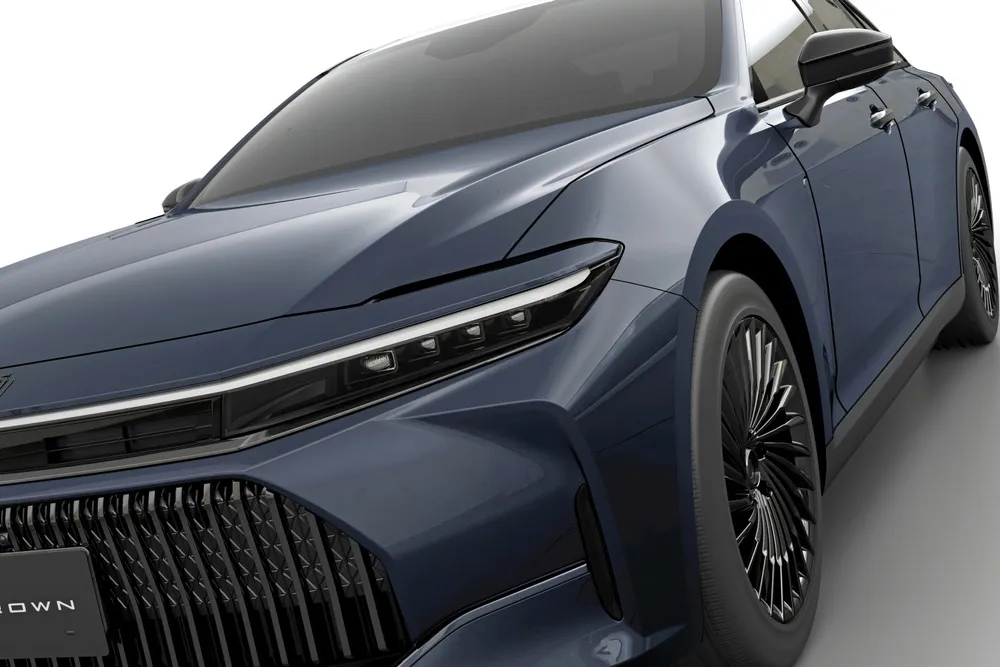Toyota unveils its first new hydrogen car in a decade, to go on sale this autumn
Announcement of new five-seater sedan comes as new CEO plans accelerated expansion into battery-electric vehicles

Announcement of new five-seater sedan comes as new CEO plans accelerated expansion into battery-electric vehicles
